I’m Renzo Esposito, a queer cinematographer based in New York City, drawn to stories that explore identity, emotion, and psychological depth—especially those that live in the in-between, where image and inner life meet.
Originally from Argentina, I come from a multidisciplinary background in art, technology, and storytelling. Before moving to NYC, I led a production company focused on branded content and visual identity. I graduated magna cum laude from NYU Gallatin, where I designed a concentration in cinematography, philosophy, and diversity.
My work encompasses a range of genres, including narrative and documentary films, experimental pieces, and branded content. I strive to create images that hold vulnerability, transformation, and the poetic—the silent spaces where complexity lives.
Additionally, I work as a camera operator, gaffer, grip, and editor, and offer creative direction consulting services for brands seeking to tell more meaningful, visually driven stories.
Outside of film, I help run Growl—a quarterly queer party in Brooklyn that celebrates self-expression, community, and joy. I spend my downtime playing with my dog Masa or cat Oliver, going on camping trips with friends and my husband, or wandering the city with my 35mm camera in hand. One ritual I’ve kept for the past eight years is writing my morning pages—three handwritten pages every day, a practice that grounds me before anything else.
You can see some of my work as a filmmaker or view my resume. Follow me on Instagram, or read more about my story below.
Bio
I grew up in a small town in Argentina (Concepción del Uruguay, Entre Ríos), where curiosity was my main language. At 13, I joined a local radio station and quickly asked: what if people could see what we were doing? That question became an obsession. I started building little rigs with metal parts and screws, repurposing anything I could to create miniature structures. I’d grab my dad’s old video camera and film scenes around the house—testing, adjusting, learning on instinct.
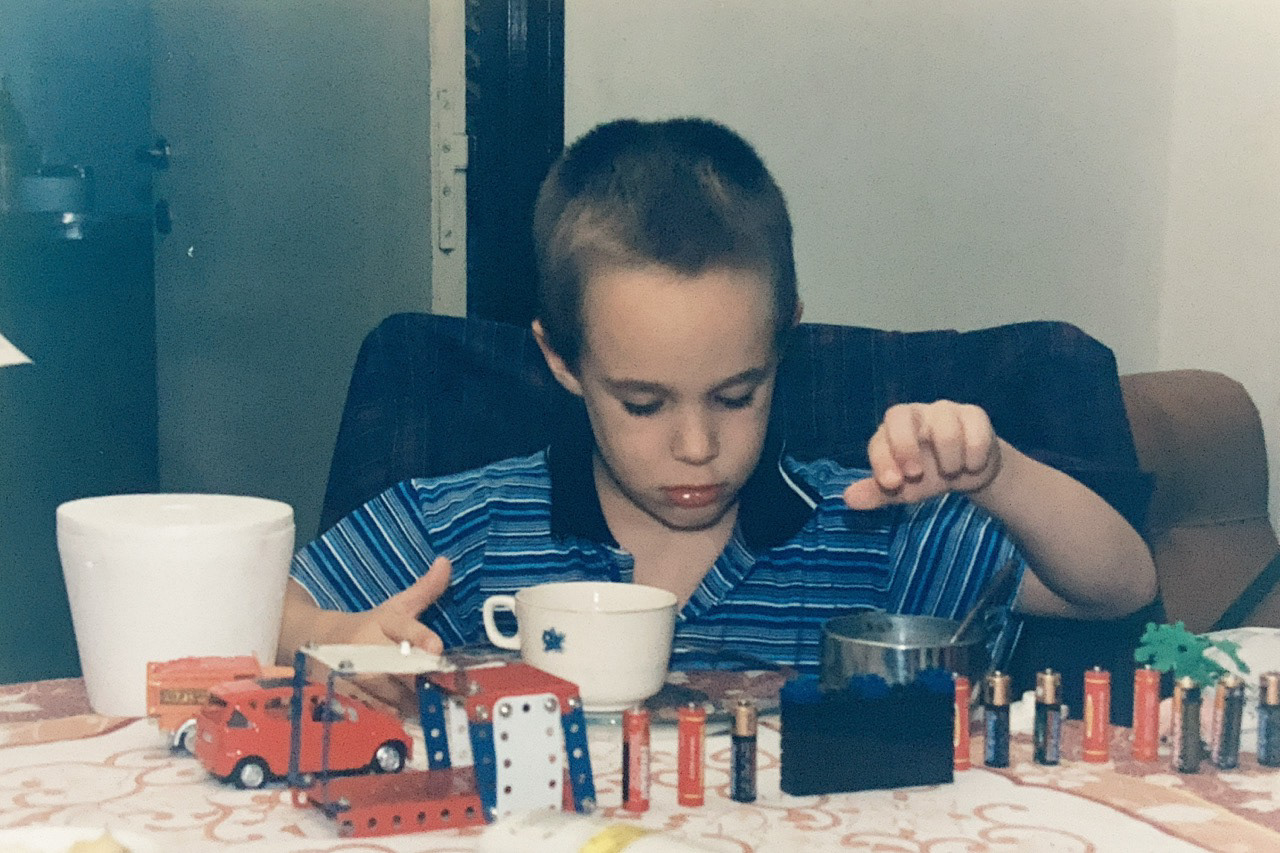


I spent hours designing virtual spaces in The Sims, sketching blueprints, and drawing floorplans for dream homes. I was equally drawn to photography, sketching, electronics, and taking things apart just to figure out how they worked. Cinematography became the space where all those pieces came together—an art form built on movement, image, and emotion.
At 19, I founded a production company in Argentina, creating branded content, organizing livestreams and events, and helping companies shape their visual identity. I was studying business, learning how to build things that worked, that sold, that scaled. But slowly, I realized I was moving further from what I really loved. I wasn’t telling stories—I was managing deliverables. The work was even successful, but it wasn’t personal. And, back then, neither was I. I hadn’t come out yet, even to myself.
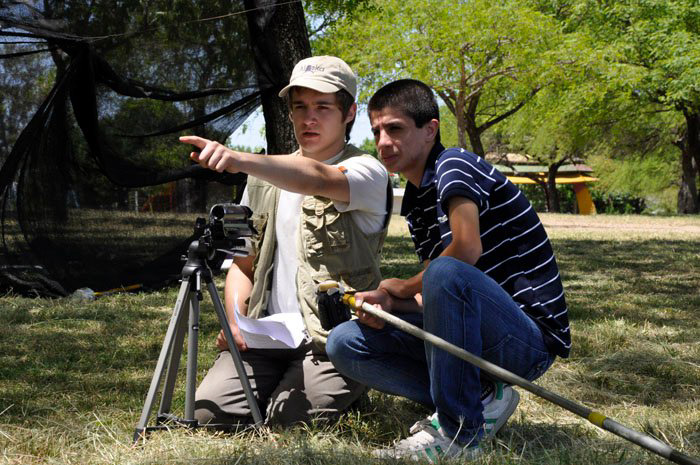


After a long period of reflection, I made a decision that would change everything. I left it all behind and took a leap of faith. At 24, I moved to the U.S. to be with my boyfriend—now my husband—and start from scratch. I didn’t speak English, but within a year I was enrolled at a community college (BMCC). I later became a GUIDE Scholar and graduated from New York University (2025), where I deepened my focus on cinematography, philosophy, and storytelling. I’m now a proud U.S. citizen, but the path here was built frame by frame.
Filmmaking has always been with me—in every childhood sketch, every camera test, every odd little project I took on just for the thrill of creating. Over time, I’ve realized that visual storytelling isn’t just something I do—it’s how I think, how I process, how I connect. Now, at 30, it’s clearer than ever that this is where my inner world and technical mind have always met.
I’m fascinated by the way a camera can reveal a character’s inner life without a single word—how choices in light, framing, and lens can subtly express what’s hidden beneath the surface. I’m drawn to stories that live in the in-between: where identity is fluid, explored with nuance, and psychology shapes how we connect and disconnect. These are the spaces where I feel most at home as a storyteller.
I love every part of filmmaking—but put a camera in my hands, and that’s where I feel most alive. Through the viewfinder, I find rhythm in chaos, intimacy in distance, and emotion in movement. For me, being on set isn’t just a job—it’s where everything makes sense.
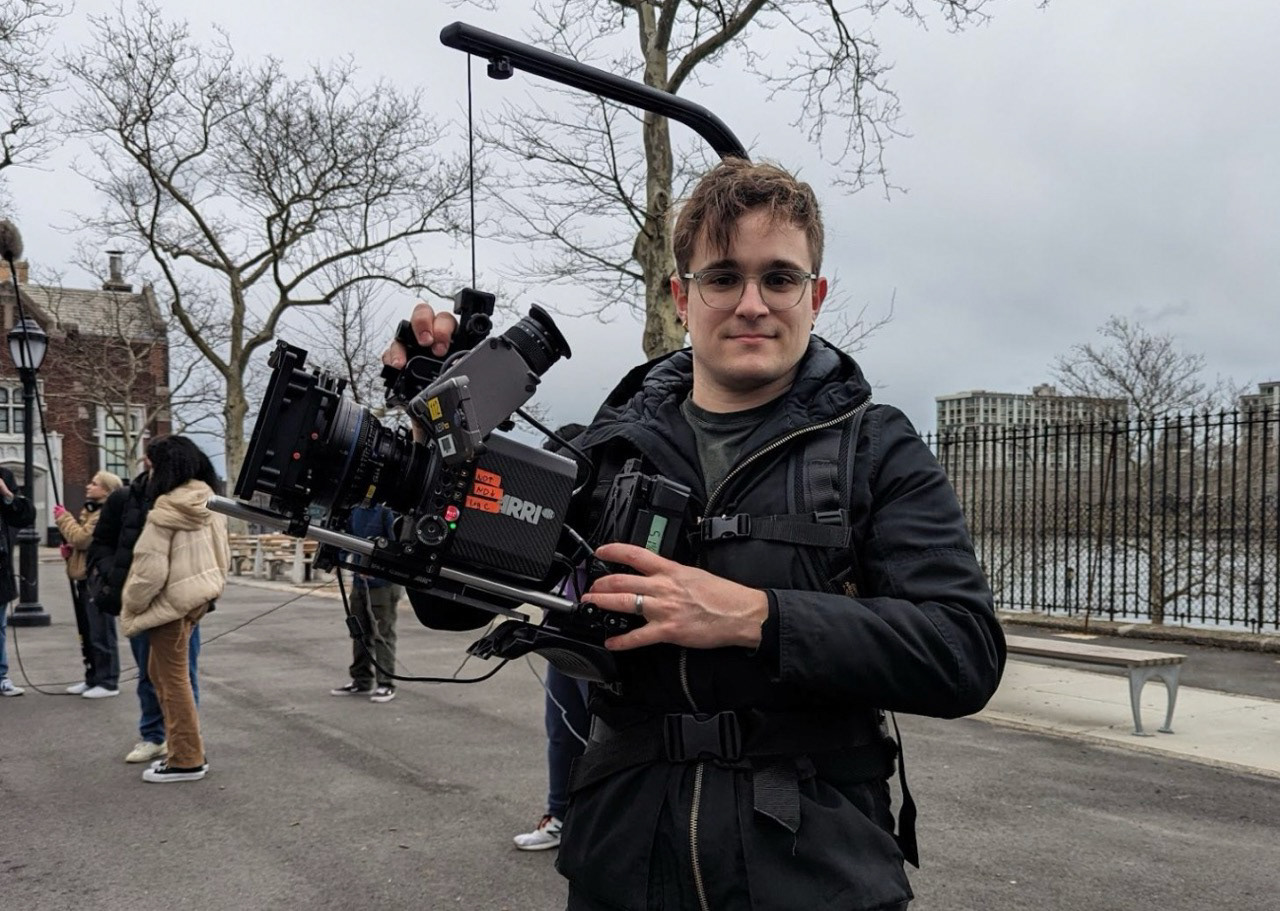
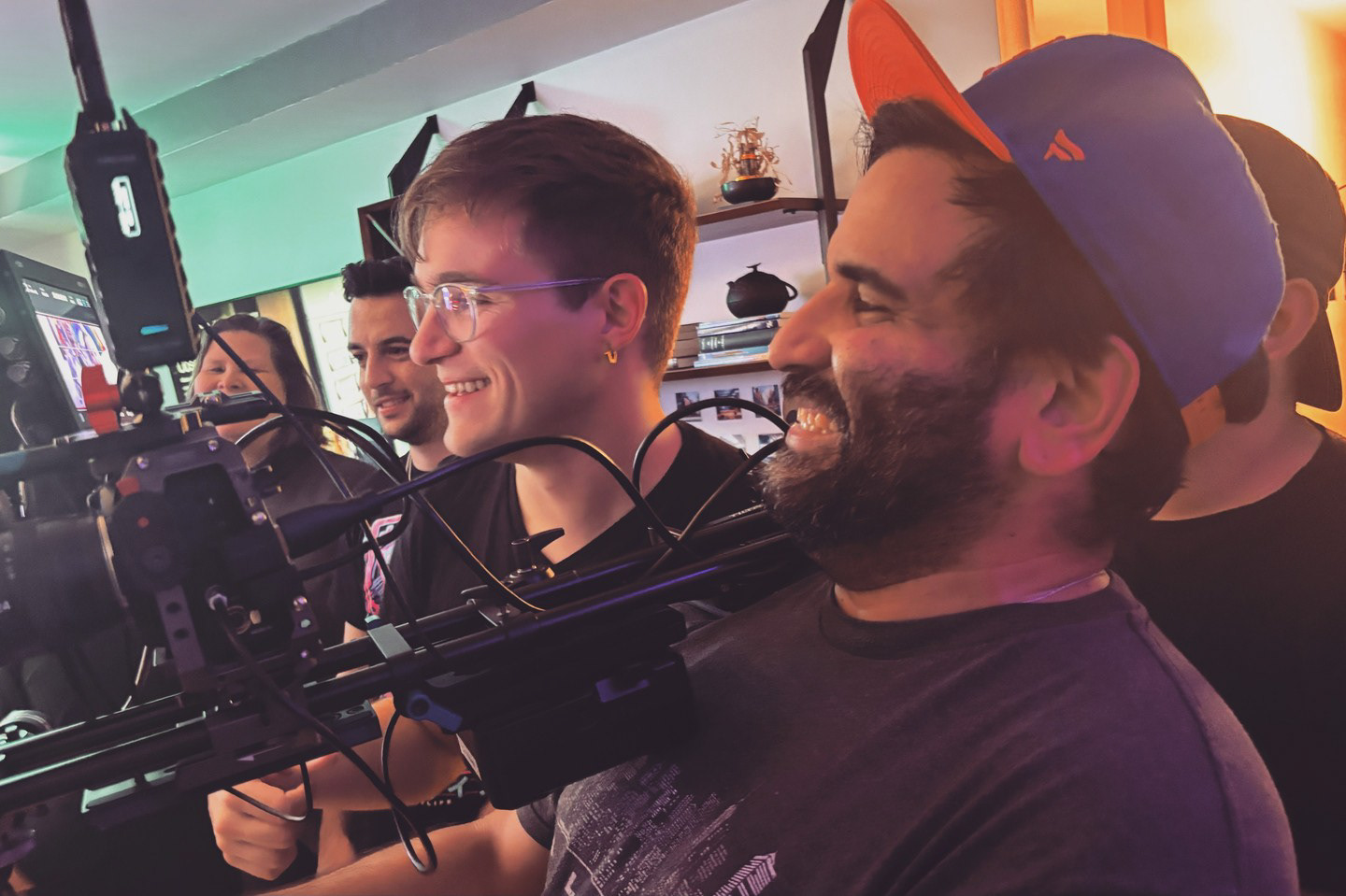
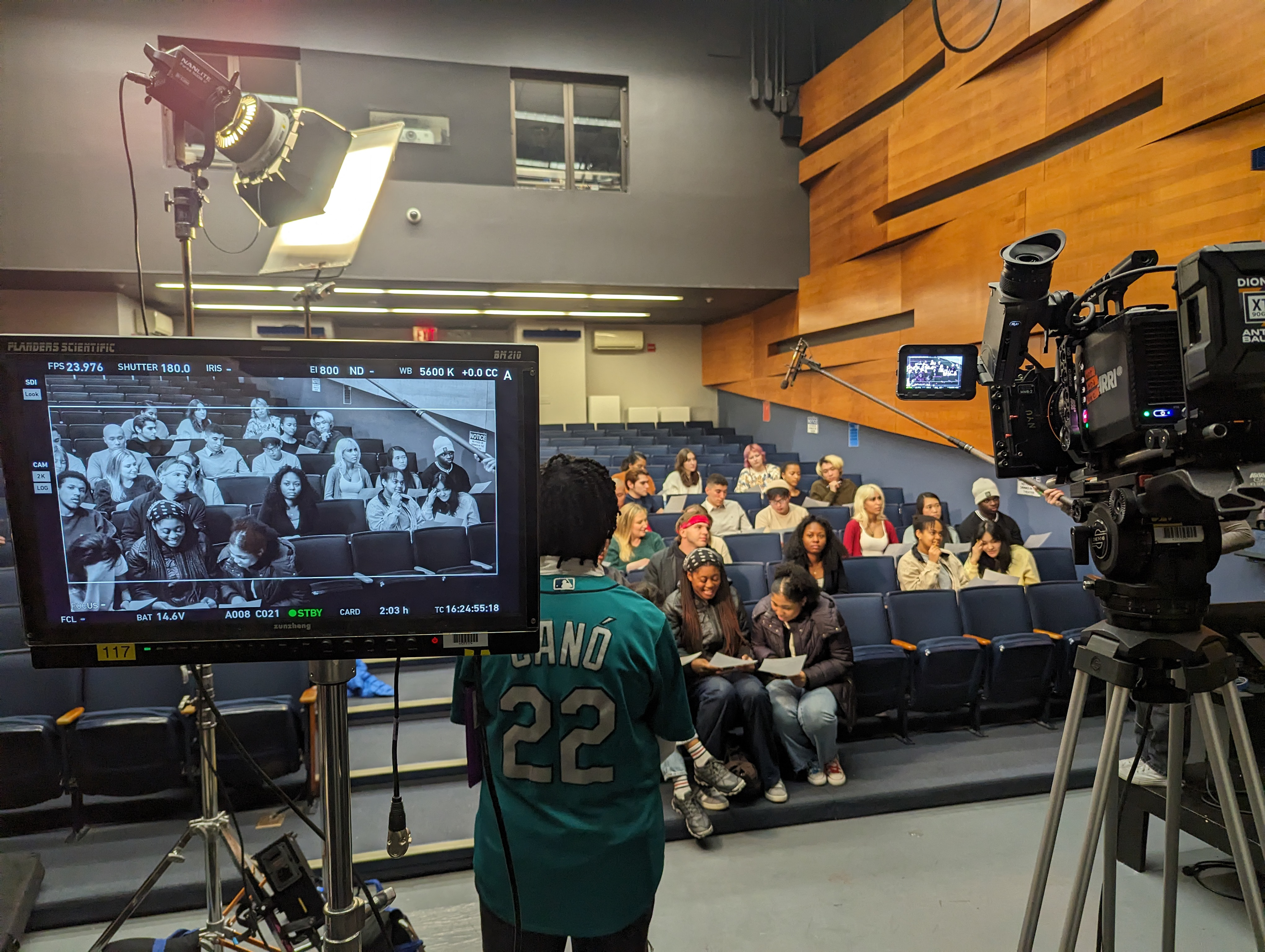

Let's be in touch!